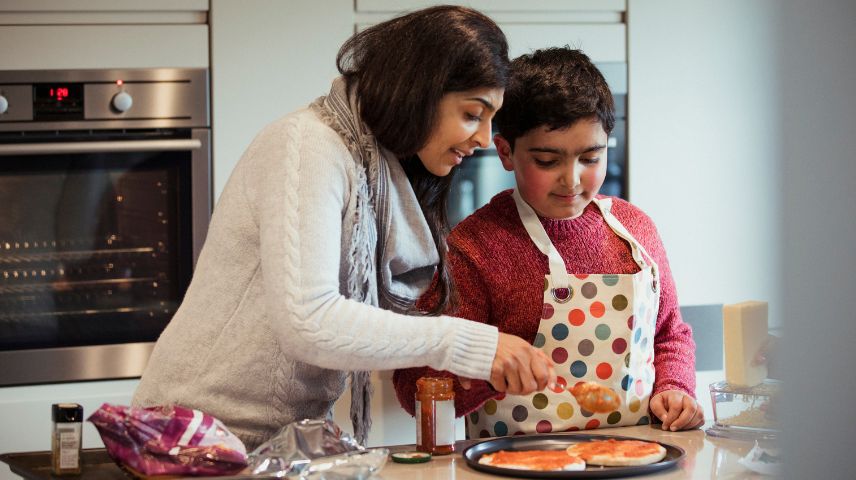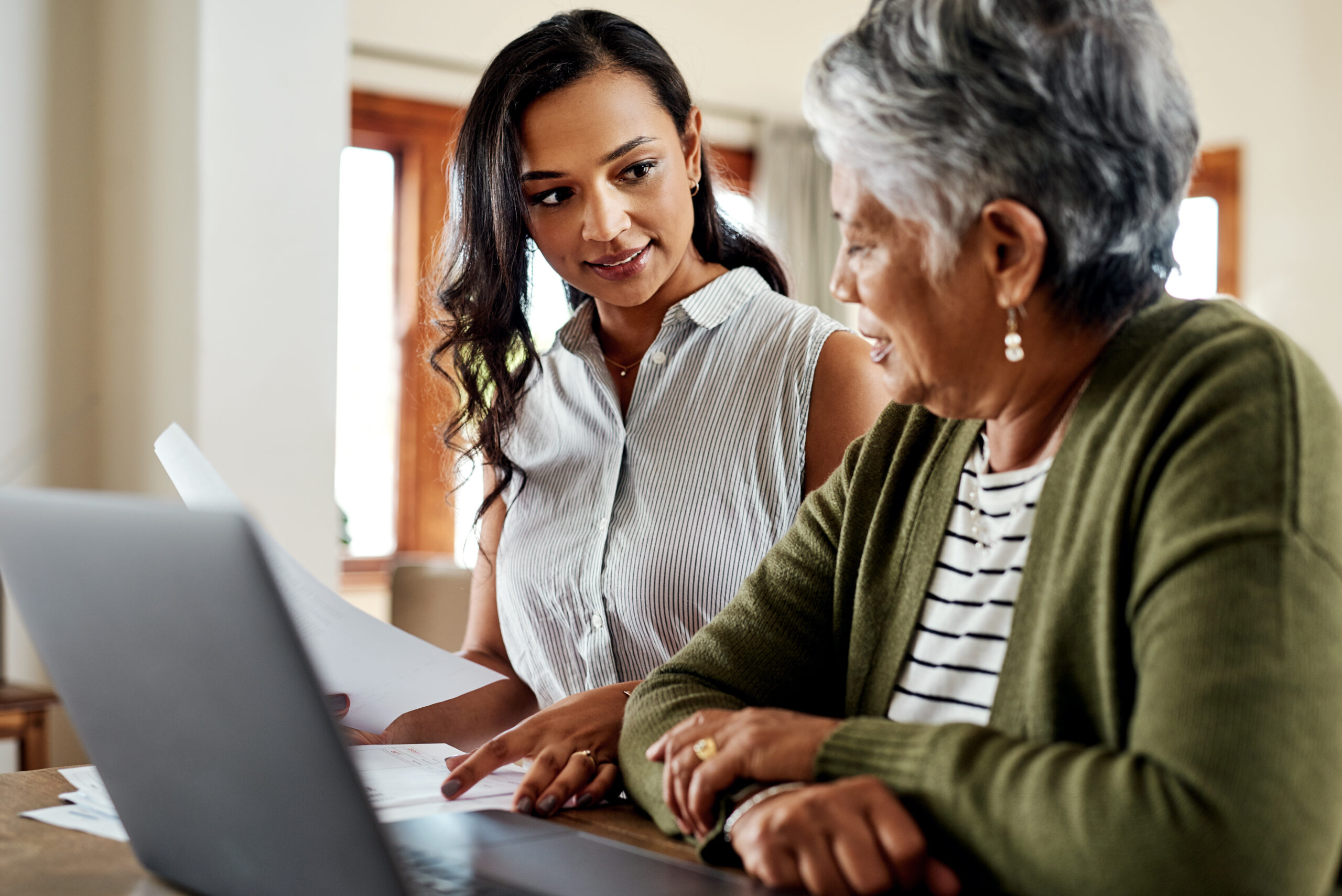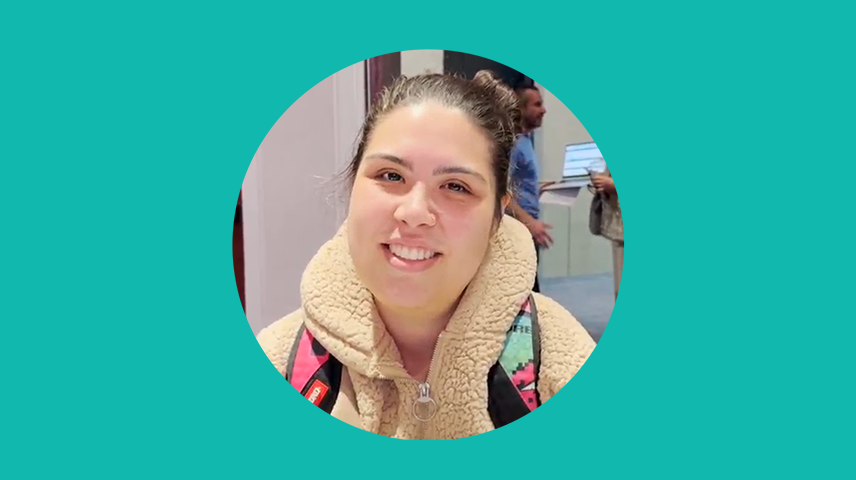Celebrating Autism Awareness Month: The Therapeutic Benefits of Cooking
By PPL on April 29, 2024

The month of April is known globally as Autism Awareness Month. At PPL, we are joining this celebration to increase understanding and acceptance of autism. As a leader in supporting self-directed care, we believe in the power of integrating therapeutic activities into daily routines. This month, we’re excited to highlight an accessible therapy that our self-directed participants on the autism spectrum can try: cooking!
Why Cooking?
Cooking is more than just a daily necessity. It’s a multisensory experience that promotes skill development in areas crucial for autism therapy, such as motor skills, planning, organization, and sensory integration. Engaging in culinary activities can help to manage sensory responses because it’s an activity that involves all the senses—touch, smell, taste, sight (and hearing if you are listening to instructions). By using sensory-friendly recipes, and cooking in a comforting environment, the kitchen becomes a safe space for exploration.
The Creative and Cognitive Benefits of Cooking
Cooking is an awesome form of creative expression. Experimenting with recipes and presenting dishes can bring joy and a sense of accomplishment. This not only enhances overall well-being but empowers autistic individuals by highlighting their capabilities and achievements. It is also a great cognitive exercise involving critical thinking, following instructions, and solving problems, all of which boost self-confidence and foster independence.
Improving Motor and Life Skills
Actions like mixing, chopping, and pouring ingredients help improve motor skills and further cognitive abilities through measuring, and executing a sequence of tasks. Cooking also teaches functional life skills like planning, organization, and even basic math skills, which help in promoting self-sufficiency and empowering benefits to participants. This activity can also help teach the importance of nutrition and healthy eating in a hands-on way, making the importance of a balanced diet fun and practical!
Enhancing Communication and Social Skills
Cooking can also be a group activity that may offer a relaxed setting for social activity, enhancing communication skills and practicing social interaction. With the kitchen often doubling as a social hub, it can provide an opportunity for individuals with autism to interact with family members and caregivers without the added pressures of eye contact. While doing activities like meal planning and grocery shopping, individuals can practice communication and social interaction in a structured yet natural setting. PPL supports families in implementing these practices effectively, ensuring that each cooking session is an opportunity for social growth.
How to Get Started
Getting started with cooking therapy is simple and easy to try in the comfort of your own home kitchen. Don’t know where to start? Think about the foods you like to eat and check out recipes that interest you. The key is remembering that there is no pressure for perfection- cooking is about experimenting and finding out what works best for you, and what you like best!
- Start Simple: Begin with easy recipes that require few ingredients and steps. As skills build, try more complex recipes! *Tip: if you’re having trouble following written recipes try visual recipes with step-by-step pictures or videos to make the process easier.
- Regular Routine: Incorporate cooking into your routine, try making a recipe every Thursday night for example, or maybe once a month- see what works best for you!
- Celebrate Success: Celebrate every effort, trying new things is brave and deserves celebration!
- Explore Classes: Consider taking a cooking class to learn new dishes and tips. This is also another great way to socialize and learn in a structured environment.
- Use Resources: One of the awesome benefits of self-direction is that you may be able to utilize your Medicaid-funded budgets for activities like cooking classes or make it a goal you work on with your caregiver. If you’re not self-directing yet and would like to know where to begin the process: check out our questionnaire to see if self-direction is right for you and if you may qualify.
Ensure Safety While Fostering Independence
Remember! It’s especially important for caregivers to recognize the importance of creating a safe cooking environment, considering individual needs and skills when providing supervision and/or adapted tools to fit the skill set of the participant.
Note: While cooking therapy for autism can be beneficial, it’s important to recognize that it may not be right for you. Individual experiences with autism are unique, and it’s essential to find the right therapy that aligns with your specific needs.
Helpful Resources
The Autism-Friendly Cookbook by Lydia Wilkins
This book suits a range of dietary needs and offers adaptations for people who are sensory seekers, sensory avoiders or just want to expand their cooking skills.
About PPL: As a Financial Management Services (FMS) provider, our company assists individuals with autism in utilizing their Medicaid-funded services to participate in self-directed activities, promoting greater access to foster independence and enhance quality of life. Utilizing our services may help you with financial accessibility to the programs you would like to participate in, check out our home page for more information!



